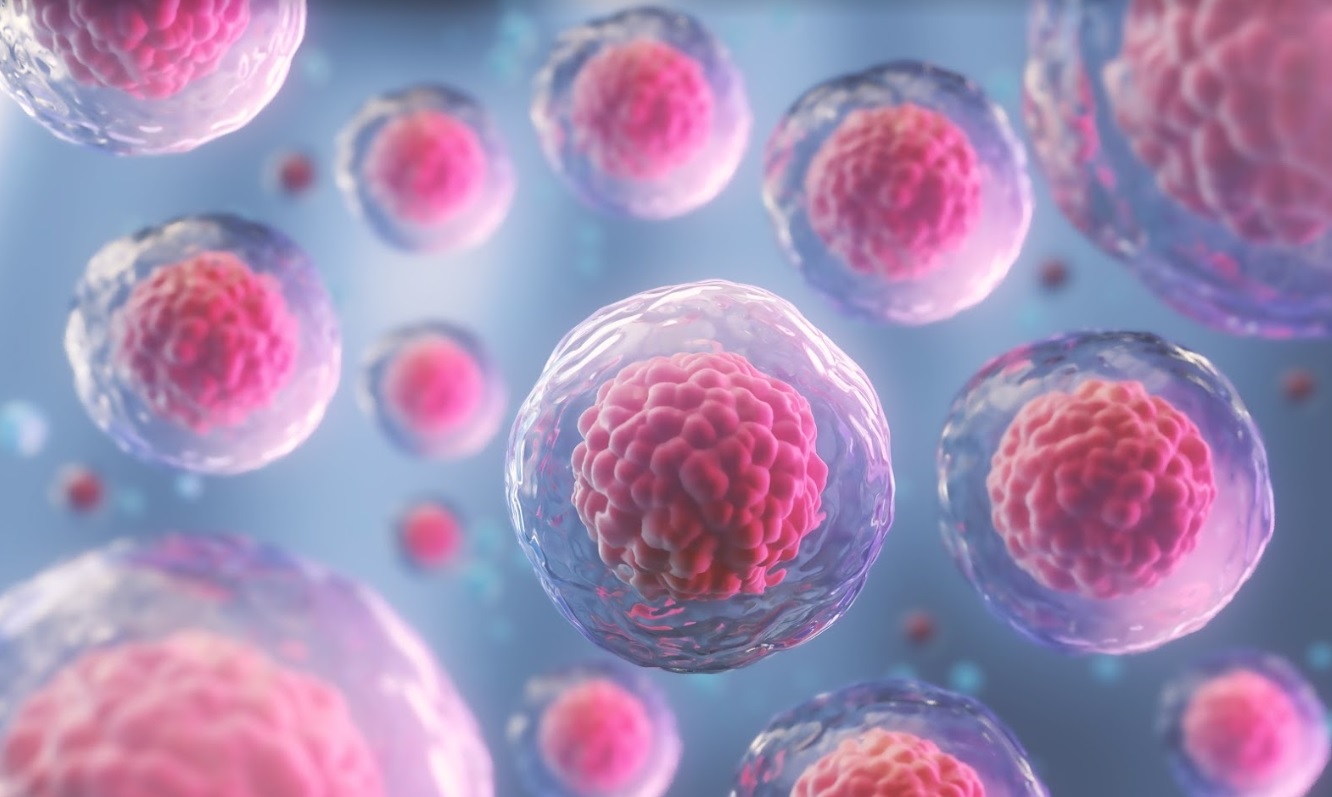Biotechnology, the cutting-edge fusion of biology and technology, has emerged as a groundbreaking field that is transforming the world of science and medicine. With its remarkable advancements, biotechnology is revolutionizing the way we approach healthcare, disease prevention, diagnostics, and treatment. In this article, we will delve into the exciting developments in biotechnology and explore how it is shaping the future of medicine.
Understanding Biotechnology: A Paradigm Shift
Biotechnology encompasses a diverse range of disciplines that leverage living organisms, biological systems, biotech supplies, and technological innovations to solve complex problems. From genetic engineering to synthetic biology, biotechnology holds the key to unlocking the potential of biological systems for the benefit of humankind. By understanding and manipulating the fundamental building blocks of life, scientists and researchers can revolutionize medicine and healthcare.
Precision Medicine: A Personalized Approach
One of the most significant advancements facilitated by biotechnology is precision medicine. Traditionally, medical treatments have followed a one-size-fits-all approach, but precision medicine takes into account an individual’s unique genetic makeup, environment, and lifestyle factors. Through advancements in DNA sequencing technologies, researchers can now analyze an individual’s genetic profile to predict susceptibility to diseases, identify targeted therapies, and optimize drug regimens. This personalized approach holds tremendous potential for improving patient outcomes and minimizing adverse effects, paving the way for more effective and tailored treatments.
Gene Editing: Unlocking the Code of Life
Gene editing technologies, such as CRISPR-Cas9, have catapulted biotechnology to new heights. CRISPR, or Clustered Regularly Interspaced Short Palindromic Repeats, allows scientists to precisely modify the genetic material of living organisms, including humans. By editing faulty genes responsible for hereditary diseases, researchers are moving closer to the dream of curing once-incurable conditions. This remarkable tool not only has the potential to eradicate genetic diseases but also enables advancements in areas such as agriculture, biofuel production, and conservation. However, the ethical considerations surrounding gene editing and the need for responsible use are crucial aspects that need to be carefully addressed as we navigate this new frontier.
Regenerative Medicine: Restoring Hope
The field of regenerative medicine harnesses biotechnology to stimulate the body’s natural ability to repair, replace, or regenerate damaged tissues and organs. Stem cell therapies, tissue engineering, and 3D bioprinting are some of the game-changing technologies transforming the landscape of regenerative medicine. These innovative approaches offer hope for individuals suffering from debilitating conditions, such as organ failure, spinal cord injuries, and degenerative diseases. With ongoing advancements, regenerative medicine holds the potential to not only restore functionality but also improve the quality of life for countless individuals worldwide.
Diagnostic Innovations: Early Detection and Precision
Biotechnology has revolutionized diagnostics, enabling early disease detection and precise monitoring of treatment responses. Advanced diagnostic techniques, including liquid biopsies, biomarker analysis, and next-generation sequencing, have opened up new avenues for detecting cancer, infectious diseases, and genetic disorders at an early stage. These breakthrough technologies allow for non-invasive testing, quicker diagnosis, and more targeted treatments. By identifying diseases in their earliest stages, biotechnology is empowering healthcare professionals to intervene promptly, leading to improved patient outcomes and reduced healthcare costs.

Biopharmaceuticals: From Bench to Bedside
The development of biopharmaceuticals represents a triumph of biotechnology in the realm of drug discovery and development. Unlike traditional small-molecule drugs, biopharmaceuticals are derived from living organisms or their components. Through genetic engineering techniques, scientists can produce therapeutic proteins, antibodies, and vaccines with enhanced specificity and efficacy. Biopharmaceuticals have revolutionized the treatment landscape, offering targeted therapies with reduced side effects. These innovative treatments have shown great promise in the fields of oncology, autoimmune diseases, and rare genetic disorders, providing hope for patients who previously had limited treatment options.
Biotechnology and the Environment: Sustainability and Beyond
Biotechnology not only impacts human health but also holds promise for sustainable solutions and environmental conservation. In agriculture, genetically modified crops can be engineered to withstand pests, diseases, and harsh environmental conditions, leading to increased crop yields and reduced reliance on pesticides. Additionally, biotechnology contributes to the development of biofuels, harnessing the power of microorganisms to convert biomass into sustainable energy sources. Furthermore, bioplastics derived from renewable resources offer an eco-friendly alternative to traditional plastics, reducing environmental pollution and plastic waste.
Conclusion
As we have explored in this comprehensive article, biotechnology stands at the forefront of scientific and medical progress, ushering in a new era of innovation and discovery. Its profound impact is visible in precision medicine, gene editing, regenerative medicine, diagnostics, biopharmaceuticals, and environmental sustainability. Embracing and supporting these advancements is crucial for harnessing the full potential of biotechnology and shaping a brighter future for humanity. By continuing to invest in research, fostering interdisciplinary collaborations, and addressing ethical considerations, we can unlock the immense potential of biotechnology to revolutionize science, medicine, and our world as a whole.
